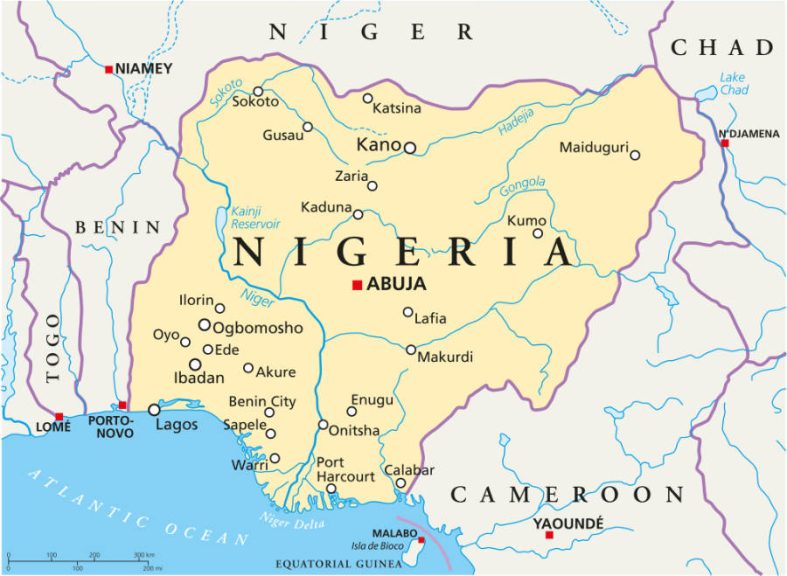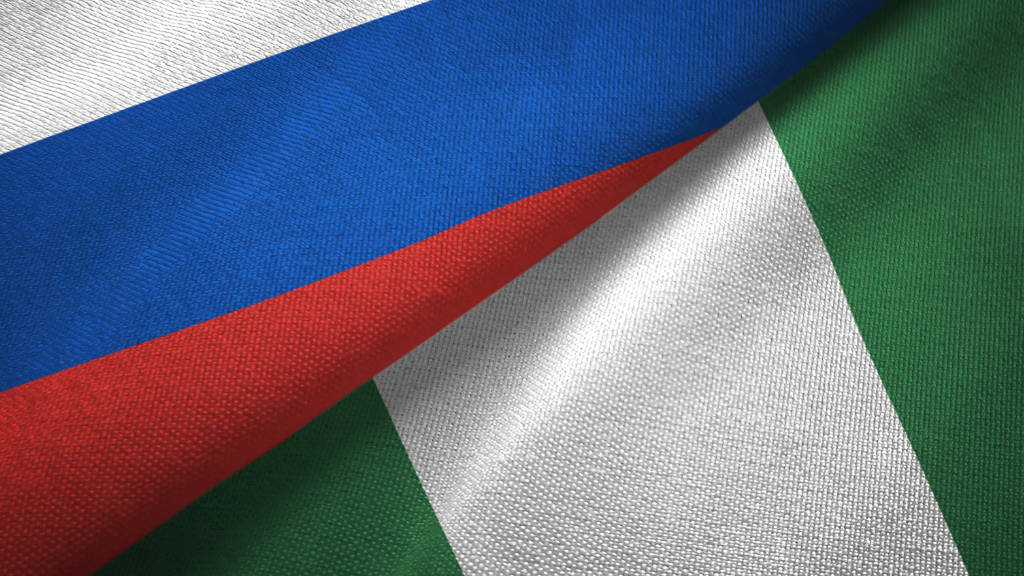The Russian Foreign Minister, Sergey Lavrov, has met with Yusuf Maitama Tuggar, the Foreign Minister of Nigeria on the sidelines of the 80th Session of the UN General Assembly in New York.
The discussion focused on pressing matters concerning the continued progressive development of Russian–Nigerian relations including the maintenance of an active political dialogue and the expansion of cooperation in trade, economic, investment, cultural, and other areas.
Particular emphasis was placed on Russia and Nigeria’s cooperation within the Gas Exporting Countries Forum, as well as preparations for participation in the organisation’s 27th Ministerial Meeting on October 23, 2025, in Doha.

Nigeria is a key member of the African Continental Free Trade Area (AfCFTA), which is fostering intra-African trade and economic integration. As a founding member of the Economic Community of West African States (ECOWAS), the country benefits from regional trade facilitation and cooperation. Global trade agreements like the World Trade Organization (WTO), the African Growth and Opportunity Act (AGOA) with the United States, and bilateral agreements with countries such as China and India bolster Nigeria’s international trade and investment ties. Nigeria became a BRICS partner nation in January 2025.
Nigeria’s economy is diverse, with significant contributions from key industries. The oil and gas industry, Africa’s largest, contributes 7.24% to GDP and over 90% of export revenues through crude oil, LNG, and refined products. Agriculture employs 35% of the workforce and contributes 23.3% to GDP, producing cassava, yams, cocoa, and palm oil, with efforts to modernize and add value. Telecommunications and technology account for 15.5% of GDP, featuring one of Africa’s fastest-growing telecom markets and a thriving tech hub, especially in fintech. Manufacturing, at 11% of GDP, spans cement, food processing, and steel, supported by “Made in Nigeria” initiatives. Trade and services, 16.5% of GDP, include retail, finance, and real estate, while Nollywood, the second-largest film industry globally, boosts the entertainment sector. The government is prioritizing economic diversification, focusing on solid minerals, renewable energy, and infrastructure to reduce oil dependency. Urbanization and population growth are fuelling demand in construction, housing, and real estate.

With a population of approximately 232.7 million, Nigeria has a GDP (PPP) of US$1.116 trillion and a GDP (PPP) per capita of US$5,063. GDP growth for 2025 is projected at 3.3%.
Russian companies are showing increased interest in Nigeria, for example in reviving its largest steel plant. There is also interest in investing in Nigeria’s energy sector, while Avtovaz are entering the Nigerian auto market.
Russia’s exports to Nigeria amount to about US$1.51 billion, mainly consisting of refined petroleum, wheat, and malt, while Nigeria exports a small amount to Russia, primarily cut flowers, other oily seeds, and nuts. However, given Nigeria’s move to embrace the BRICS, bilateral trade with Russia and the other BRICS nations can be expected to grow.
Further Reading

 Русский
Русский














